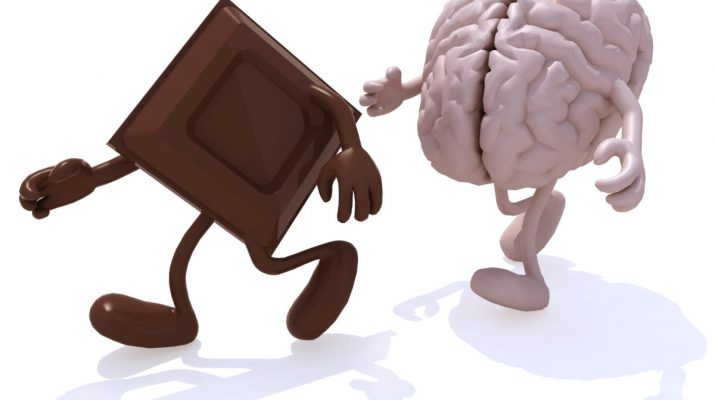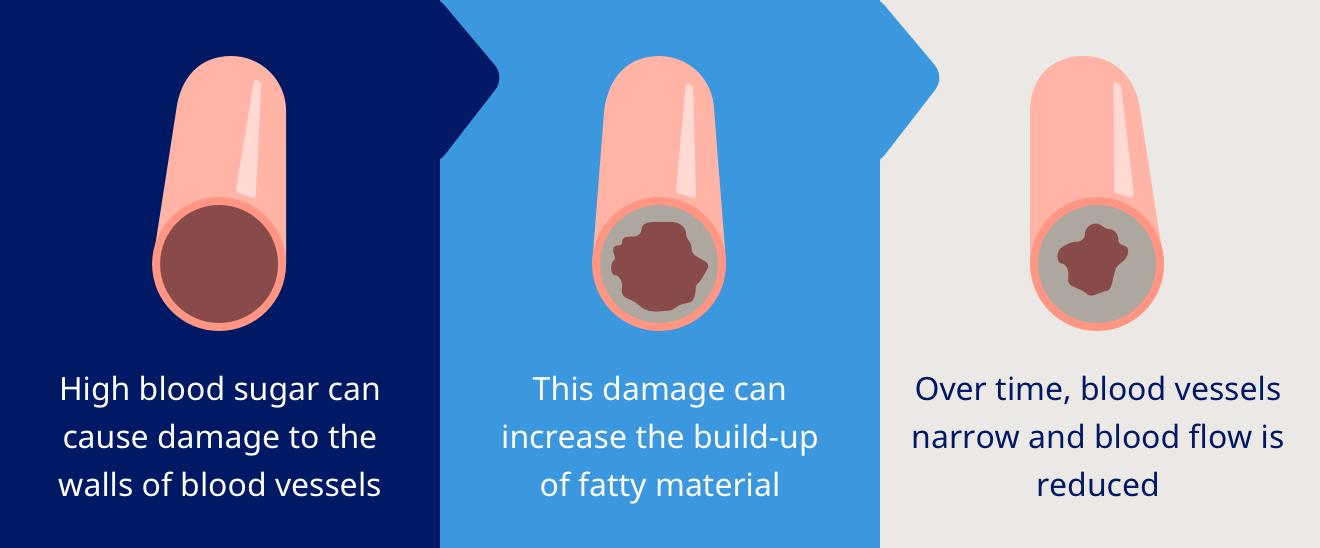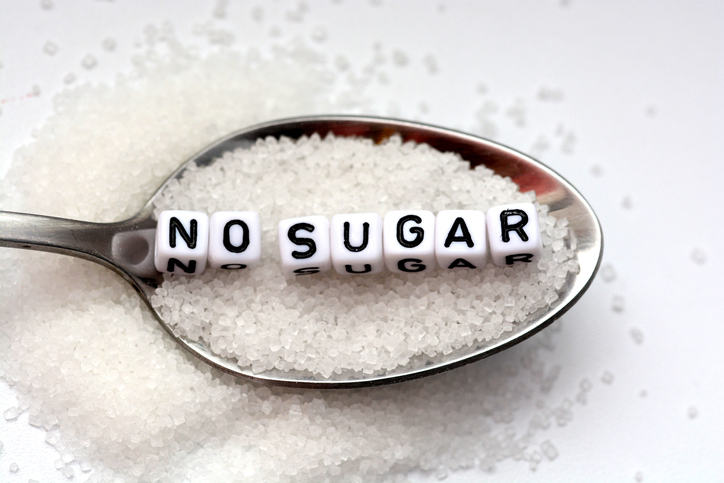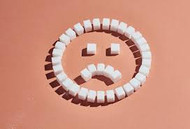SUGAR...It's not quite as sweet as you think
Posted by Stephanie Phillips on Jul 17th 2022

Sugar consumption is higher than any other time in recorded history. Sugar is commonly accepted and eaten in large quantities, today the average American consumes 20 teaspoons or 100 pounds of sugar each year. While grandma's chocolate chip cookies and icing-topped cupcakes are mouthwatering, they are sugar-laden and sugar may possibly be one of the worst things you can do to your body (that is, if you're trying to life a long healthy life).
One study shows that drinking sugary drinks can age your body on a cellular level as quickly as smoking cigarettes. Sweet treats impacts your body in many more ways than weight gain. Almost every part of your body feels the strain of eating too much sugar. These effects can be short term like an initial insulin spike and lead to an increased chance of kidney failure in the long run.
BUT WHAT IS SUGAR?
Sugar is a simply carbohydrate. It can be either a monosaccharide or disaccharide. Monosaccharides include glucose, fructose and galactose. The three monosaccharides join together to make the disaccharides maltose, sucrose and lactose. These compounds are commonly known as sugar.
There are over 50 different names for sugar in your food. I won't go into all of them in this blog (I'll get to that in a blog on how to read ingredient labels) but here are a few common names:
- Cane Sugar
- Caramel
- Confectioner's sugar
- Corn Syrup or Corn Syrup Solids
- Dextrose
- Fructose
- Glucose
- Lactose
- Maltodextrin
- Malt Syrup
- Rice Syrup
- Saccharose
You will notice that the words "syrup", "sweetener", and anything ending in "ose" can usually be assumed to be sugar.
YOUR BRAIN ON SUGAR
When you eat sugar it creates a surge of feel-good hormones dopamine and serotonin. It is actually a very similar response to certain drugs like cocaine. So just like a drug, your body will crave sugar after the initial "high". Your brain will become addicted to that feeling, so it will leave you wanting more and more.

BLOOD SUGAR LEVELS
Regulation of body fluid pH is one of the most important physiological functions of homeostasis (maintaining a balanced internal environment, despite changes to its internal or external environment). This is because the activity of most chemical reactions via enzyme proteins is dependent on fluid pH.
Blood sugar spikes occur when your blood sugar rises and then falls sharply after you eat. In the short term, they can cause lethargy and hunger. Over time, your body may not be able to lower the blood sugar effectively, which can lead to type 2 diabetes.

Most of the food you eat is broken down into glucose. Your body needs glucose because it’s the primary fuel that makes your muscles, organs, and brain work properly. But glucose can’t be used as fuel until it enters your cells.
Insulin, a hormone produced by your pancreas, unlocks cells so that glucose can enter them. Without insulin, glucose keeps floating around in your bloodstream with nowhere to go, becoming increasingly more concentrated over time.
When glucose builds up in your bloodstream, your blood glucose (blood sugar) levels rise. Long term, this causes damage to organs, nerves and blood vessels.
Blood sugar spikes occur in people with diabetes because they’re unable to use insulin effectively. Untreated high blood sugar can be dangerous, leading to a serious condition in diabetics called ketoacidosis.
WEIGHT GAIN
Our high sugar diets are a big part of why more than one-third of adults in the US are clinically obese, but the equation is quite simple: excess sugar equal excess calories excess weight in the form of fat. High sugar foods pack a ton of calories into a small amount and contain hardly no fiber or protein. This causes you to eat much more before you feel full.

INSULIN RESISTANCE
When you are overweight, your cells can become resistant to the effects of insulin and struggle to absorb glucose from the blood to use for energy. So, your pancreas goes into overdrive to produce more insulin. Despite the excess insulin trying to do its job, the cells still do not respond and accept the glucose - which ends in excess sugar floating around in your blood stream, with nowhere else to go. Levels between 100-125 mg/dL indicated prediabetes and 126 mg/dL or higher indicates you have type 2 diabetes.
METABOLIZING CARBS
Your liver plays an important role in metabolizing carbohydrates by taking excess glucose out of the blood and storing it for later use. Your cells use the glucose in your blood for energy and your liver takes the excess and stores it in the form of glycogen. When your cells need energy later, like in between meals, the liver will release glucose back into the bloodstream. If you exceed the "storage limit" it turns into fatty acids and that is why you get fat deposits on the liver. This can lead to nonalcoholic fatty liver disease, a condition when your body contains more fat than it can metabolize, causing it to accumulate in the liver cells. While sugar isn't the sole cause, glycogen storage is a big contributor. Fatty liver can develop within a five-year period but can happen quicker based on your dietary habits and genetic predisposition to insulin resistance. If left to progress, it can lead to liver failure down the road.
DAMAGE TO ORGANS & ARTERIES
When your blood is full of sugar, it is kinda like sludge trying to squeeze through a teeny pipe. So any area relying on small blood vessels can become affected - kidneys, brain, eyes, heart...leading to chronic kidney disease or failure, high blood pressure and you have an increased risk of stroke if you have high blood pressure. Is your love for soda really worth it?

SO HOW DO YOU KICK THE SUGAR HABBIT?
As you have learned, sugar isn't the best thing for you. But now that you know, what do you do?
Sugar is habit forming and just like other chemical substances, it needs to be detoxed from your system and not reintroduced. The quickest most efficient way to do that is going cold turkey; however, that is not usually the easiest way. If you've built up a dependence, you'll probably have withdrawal symptoms and it can make for a rough couple of weeks.
If you tend to have cravings, you may prefer to slowly wean yourself off sugar. This method helps to avoid the worst of the withdrawal symptoms. You will still have cravings, but they tend to be more manageable.
If you find yourself experiencing sugar detox symptoms or need assistance with kicking your cravings, I can help. There are many techniques and natural supplements that help to slowly and efficiently remove toxins from the body. I would be happy to help support you on your journey. Please contact us at stephanie@snpnaturals.com and visit my website at www.snpnaturals.com.


